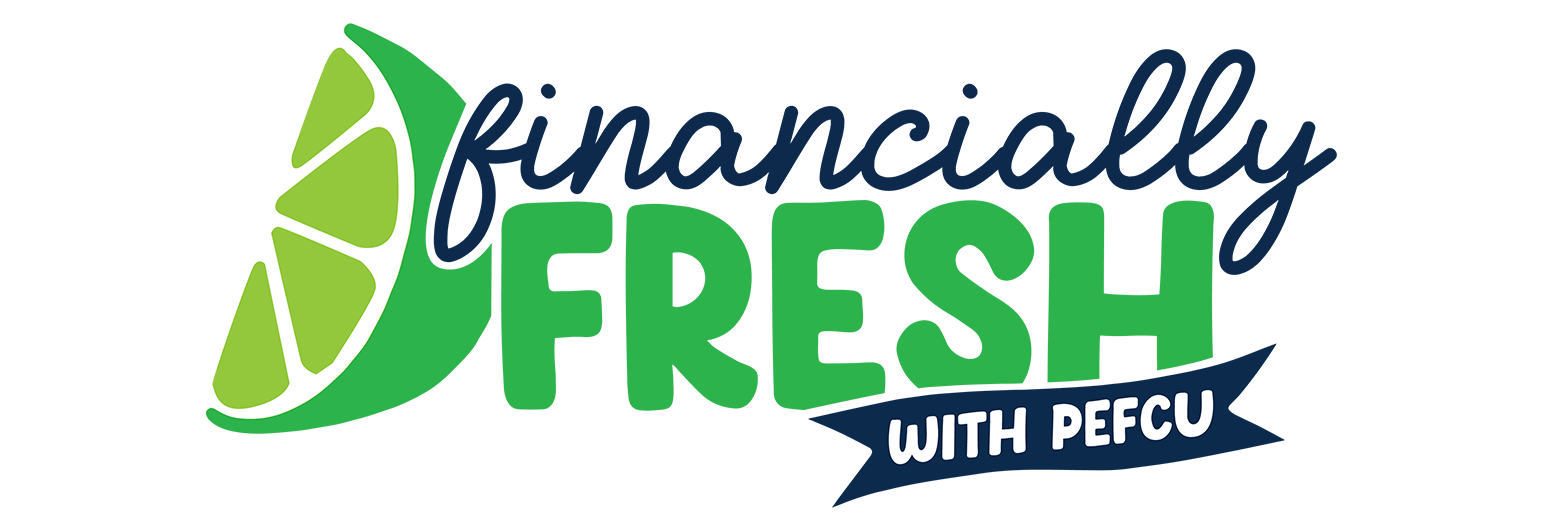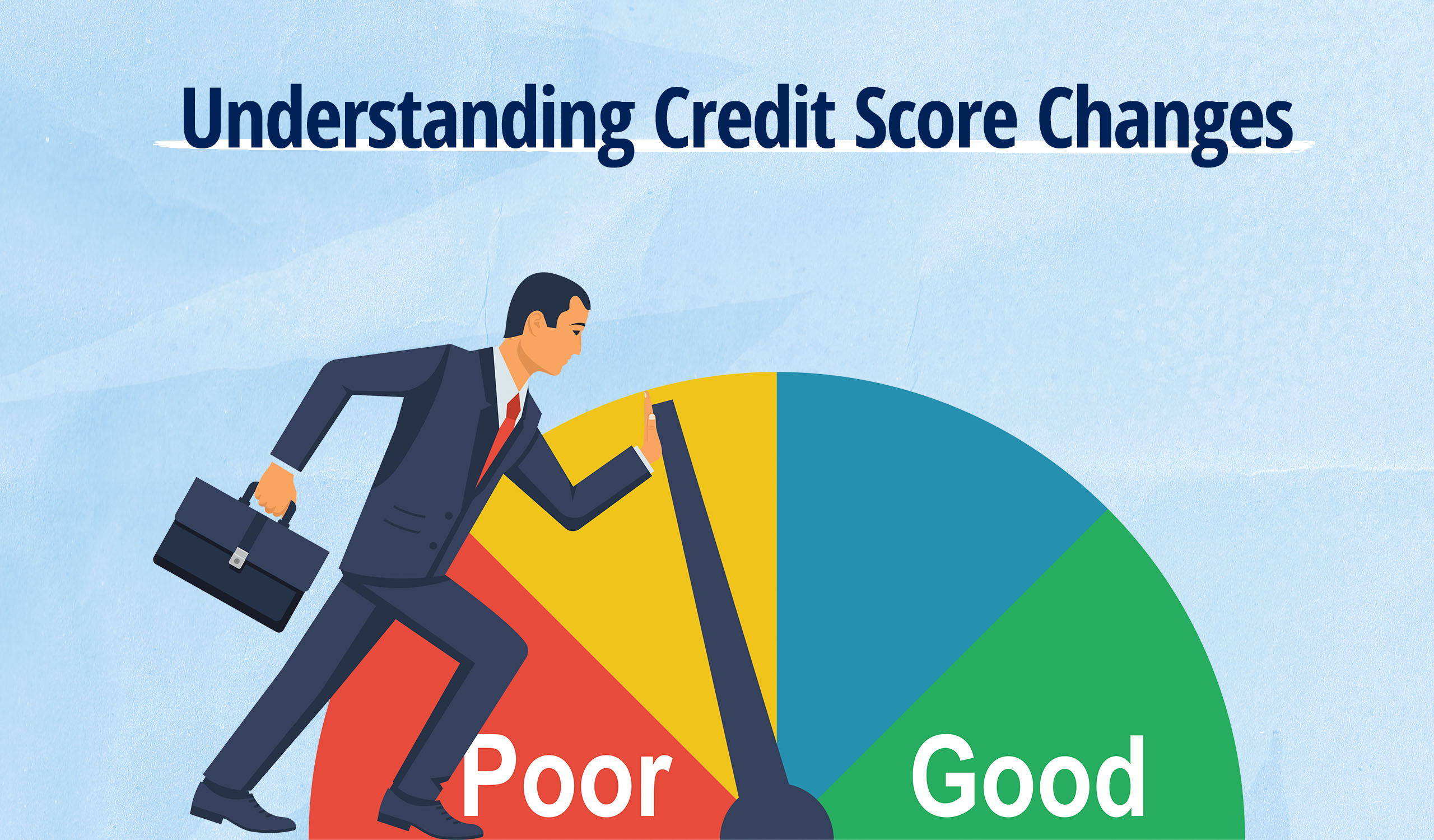February 22, 20214 Reasons Your Credit Score Changed
Your credit score carries a lot of weight in your ability to get credit. Not only that, it affects the interest rate you’re approved for, the cost of your insurance premiums—even your ability to be employed in certain occupations.
Many people don’t realize small actions cause ripple effects that can lower your credit score. If you monitor your credit score routinely, you may find these changes perplexing. These are four reasons why your credit score may have changed.
-
You made a large purchase on your credit card.
If you make a big credit card purchase, it increases your Credit Utilization Ratio (CUR). The credit utilization ratio is the amount of credit you have available compared to the amount of credit you use. Ideally, you should be using no more than 25% of your available credit. However, a large purchase can put you over the magic 25% mark, causing your credit score to go down.
For example, let’s say you have a credit card limit of $10,000. You use $7,000 to make a large purchase. You are now using 70% of your available credit, which is well above the preferred CUR. Your credit score will take a hit, but as you start to pay off the debt, your credit score will improve.
-
You took out a loan.
Loans work a bit differently than credit cards. Any new debt will cause your credit score to fall to some extent. The good news is that this dip in your credit score rebounds quickly once you start paying off your debt with timely payments. Also, recent inquiries for loans or new credit cards can lead to small drops in your score. These are usually temporary, and your score will pick up again.
-
You missed a payment.
This is a big deal and something you should avoid with credit cards and loan payments. Payment history plays the biggest part in the credit scoring process.
If you fear you may miss a payment, always reach out to lenders BEFORE the payment is due to try to work out an arrangement. Hopefully, you’ll agree to a deal in which your late payment won’t be reported to the credit bureaus. Using tools like Bill Pay to pay at least minimum payments on credit cards each month can help you avoid accidentally missing payments.
-
You closed a paid off credit card.
But… paying off debt is a good thing, isn’t it? While it is good to pay off the debt, closing the account reduces the amount of credit available to you, which in turn raises your credit utilization ratio. With a credit card, it’s best to keep it open even if paid off. Only using it occasionally for small purchases you can easily pay off every month can improve your credit score. However, if you find credit cards too tempting and have trouble managing debt, it would be in your best interest to close the card and work to repay your existing balance.
We’re Here to Help!
As your credit union, we’re here to help you make the best financial decisions. If you have questions on how to improve your credit score or how a future action, such as taking out a loan, will impact your score, please give us a call at 1-800-226-6673 or stop by any of our branch locations.
Each individual’s financial situation is unique, and readers are encouraged to contact PEFCU when seeking financial advice on the products and services discussed. This article is for educational purposes only; It does not constitute legal advice. If such advice or a legal opinion is required, please consult with competent local counsel.



2 Comments